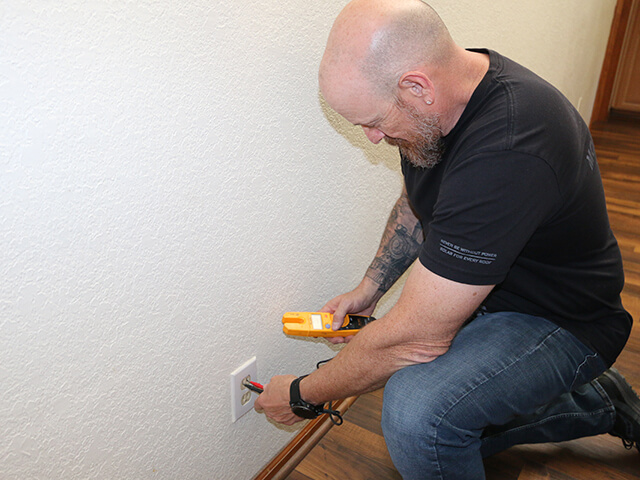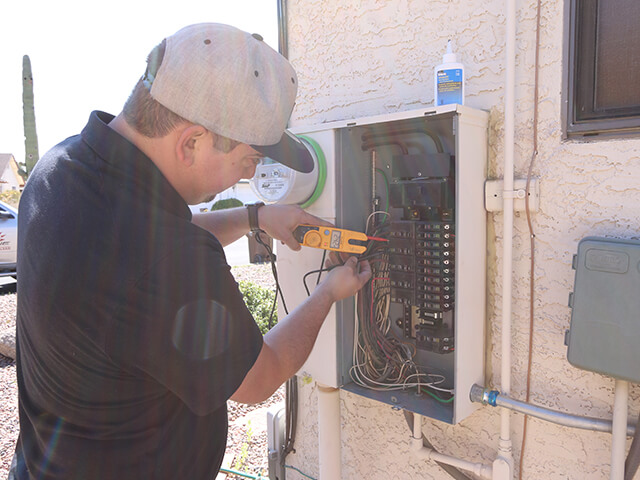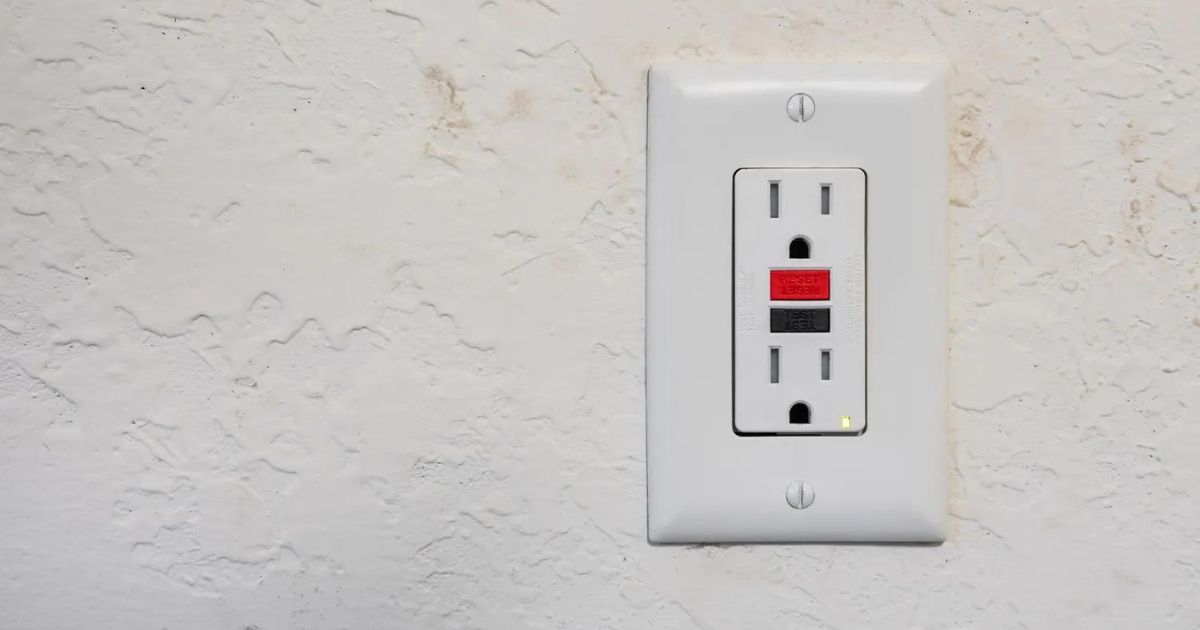Top 5 Signs Your Home Needs Electrical Rewiring
Electricity is a powerful tool in modern homes, but when it goes awry, it’s not something to be taken lightly. The risks of ignoring electrical issues are substantial, ranging from minor inconveniences to major safety hazards, including the potential for electrical fires. While some wiring problems are immediately apparent, many develop stealthily over time, eroding the safety of your home. This underscores the importance of regular check-ups by a residential electrician, even when your house isn’t showing clear signs of electrical distress.

Your House is Getting Up There in Age
Homes are like fine wine; they age. However, unlike wine, the aging process can compromise the safety of your home’s electrical system. For instance, houses built pre-1960 often contain knob-and-tube wiring, which is not only ungrounded but poses a high fire risk due to its age and deteriorating condition. In homes from the 1960s to the 1970s, aluminum wiring was prevalent. Although cost-effective, aluminum wiring is more prone to overheating and loosening connections compared to its modern counterparts. Understanding the era your home was built in can provide crucial insights into potential wiring concerns.
Lights Flickering or Dimming
If your home is putting on an unintentional light show with flickering or dimming lights, it might be more than a mere annoyance. This behavior can signal overloaded circuits, a condition often tied back to older wiring systems that weren’t designed for today’s myriad of electrical appliances. However, even in newer homes, consistent flickering should not be ignored, as it may indicate an immediate need for an electrician to assess the wiring and connections.
Circuit Breaker Trips Frequently
A frequently tripping circuit breaker is your home’s cry for help. This indicates that the system is actively trying to prevent an electrical overload, a sign of possible worn or faulty wiring. While it’s easy to simply reset the breaker and move on, this temporary fix ignores a potential fire risk. Regular trips should be a clear signal to seek professional help.

Electrical Shocks (Even Minor Ones)
Experiencing an electrical shock, no matter how minor, is not a normal part of interacting with your home’s appliances or electrical system. This often points to grounding issues or frayed wires within outlets or appliances. The danger of electrical shocks, regardless of their intensity, cannot be overstated. Self-investigation is not recommended; this is a scenario where a professional should be consulted immediately to assess and rectify the problem. It’s crucial to ensure your electrical systems are safe and up to code to prevent potential hazards.
Burning Smells Coming from Outlets or Walls
A burning smell emanating from outlets or walls is a critical red flag. This often indicates electrical arcing – a precursor to an electrical fire. Unlike other issues that might result from overloading, burning smells usually signify a damaged wire, a faulty connection, or an outlet malfunction. In such cases, shutting off the power to the affected area and calling an emergency electrician is imperative.
Discoloration, Sparks, or Buzzing from Outlets/Switches
When your outlets or switches exhibit visual or audible warnings like discoloration, sparks, or buzzing, it’s a clear sign of trouble. These symptoms can point to loose connections, failing appliances, or deteriorating wiring. Each of these scenarios can lead to arcing and subsequent fires. It’s important to understand that simply replacing an outlet doesn’t resolve underlying wiring problems, which is often the root cause.
Other Reasons For Suspicion
Other warning signs not to be overlooked include:
- Damaged wire insulation, which can be spotted in exposed areas like attics or basements.
- Frequent blown fuses, indicating an outdated and possibly overburdened electrical system.
- Outlets that feel unusually warm or hot, even with minimal load, suggesting internal wiring issues.
Contact A Contractor Who Specializes in Residential Electrical Work
Recognizing these key danger signs is crucial for maintaining the safety and integrity of your home’s electrical system. Ignoring them can put your property and loved ones at risk. Remember, ensuring the safety of your home and family is an invaluable investment. When seeking electrical assistance, opt for reputable local electricians, prioritizing those who are licensed and insured, to ensure your home is in safe and capable hands.


